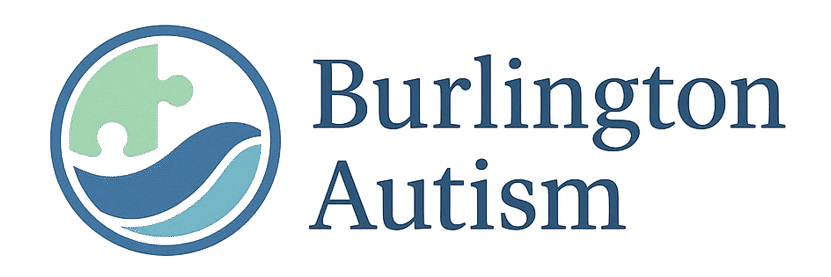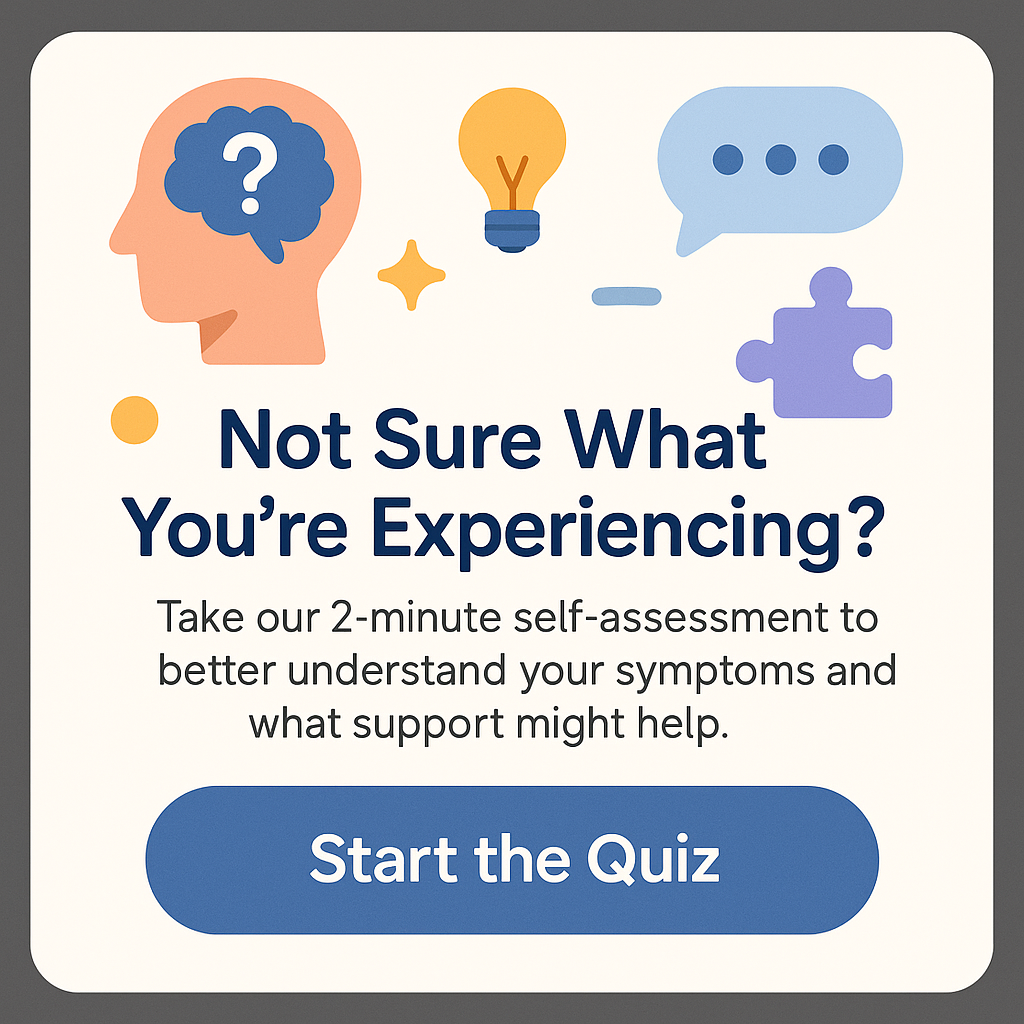Can People with Autism Live Alone? Exploring Independence and Support
Wondering if people with autism can live alone? Discover insights, tips, and support options for independence. Read more!
As society gradually shifts towards more inclusivity, the question, Can people with autism live alone?, is becoming increasingly relevant. Autism Spectrum Disorder (ASD) encompasses a wide range of abilities and challenges, meaning that each individual’s experience with autism is vastly different. Some may thrive in independent living situations, while others may require varying levels of support. Ultimately, the ability to live alone depends on numerous factors, including the individual’s skills, support systems, and the environment surrounding them. In this comprehensive exploration, we will delve into the nuances of independent living for those on the autism spectrum, discussing the skills required, the support available, and the considerations that families and individuals should keep in mind.
Understanding Autism and Independence
Before dissecting the complexity of the question, Can people with autism live alone?, it’s essential to understand autism and how it affects daily living. Autism, or ASD, is a developmental disorder characterized by a spectrum of symptoms, which can include difficulties with social interactions, communication challenges, and repetitive behaviors. Each person on the autism spectrum has their unique set of abilities, challenges, and requirements. Consequently, generalizing the needs and capabilities of all individuals with autism can be misleading.
Independence plays an important role in one’s quality of life. For many individuals with autism, living alone may signify a major milestone or personal achievement. However, independence does not simply mean being able to physically reside alone; it encompasses emotional, social, and practical aspects as well. To explore the feasibility of living alone, we should consider the various components that contribute to autonomy in individuals with autism.
Life Skills for Independent Living
A significant factor in determining whether a person with autism can live independently revolves around their mastery of essential life skills. Life skills typically include cooking, cleaning, budgeting, laundry, grocery shopping, medication management, and safety awareness. Each individual may have different strengths and challenges, so assessing their competencies plays a vital role in deciding if they can live alone.
For example, a person with autism who has excellent organizational skills may handle financial matters and household chores efficiently. They might have undergone training in life skills, utilizing resources like community programs or vocational support services. On the flip side, another individual may struggle with managing time or handling unexpected situations, which could pose challenges when living solo.
Furthermore, social skills are equally crucial for independent living. In many cases, individuals with autism might find social situations overwhelming, which can hinder their ability to seek help when needed or interact with community members. Those who have developed social skills and a support network are often better equipped to navigate life alone successfully.
Ultimately, when considering if individuals with autism can live independently, it’s crucial to evaluate their specific life skills, including both practical and social aspects. It’s essential to recognize that independence looks different for everyone; some individuals may manage alone seamlessly while still requiring support in other areas.
Support Systems and Resources
When addressing the question, Can people with autism live alone?, it becomes evident that support systems and available resources can significantly impact an individual’s ability to live independently. Family members, friends, and community organizations can all play an essential role in providing emotional and practical support.
For some individuals, having a trusted family member nearby for emotional support or guidance can help alleviate anxiety associated with living solo. Many families establish check-in routines or enable a supportive community network that promotes autonomy while offering safety and assurance.
In addition to family support, various organizations and programs are designed to assist individuals with autism in gaining essential life skills necessary for independent living. Examples include vocational rehabilitation services, supported employment programs, and independent living skills training. Many local charities and community groups also offer valuable workshops and resources focused on enhancing independence.
Another resource worth exploring is assisted living facilities or group homes specifically catered to individuals with autism. These environments can provide a balance between independence and support, allowing individuals to enjoy their own space while still having access to ongoing assistance when needed.
Technological advancements have also helped improve the quality of independent living for individuals with autism. From medication management apps to smart home technology, various tools can help increase safety and independence at home. Many develop personalized safety plans, enabling them to manage daily activities within their home’s confines securely.
Choosing the right support systems and utilizing available resources is an essential step in creating a path towards independent living. By addressing and accommodating an individual’s unique needs, we can optimize their potential to thrive while living alone.
Challenges Faced by Individuals Living Alone
Despite the array of support and resources available, questions remain regarding whether people with autism can live alone successfully. Transitioning to independent living can present various challenges, including managing everyday tasks, social isolation, and navigating emotional well-being.
For individuals living with autism, sensory overload may be a significant factor that complicates daily living. Environments with excessive noise, crowds, or unpredictable elements can provoke heightened anxiety or meltdowns. Consequently, individuals might struggle to cope with these challenges, making living alone less viable.
In addition to environmental obstacles, social isolation can be another major concern. Individuals with autism often experience difficulty forming and maintaining connections, which can lead to feelings of loneliness and disconnection when living alone. Support networks, social activities, and peer groups can alleviate some of this isolation, but they require proactive measures and engagement, which may not always come naturally to individuals on the spectrum.
Another challenge involves managing daily tasks and routines without a caregiver or support person present. As previously discussed, essential life skills determine independence levels. If an individual faces deficits in specific areas, they may struggle to perform necessary functions such as grocery shopping or cooking, leading to reliance on pre-packaged food, unhealthy habits, or missed essential appointments.
Furthermore, mental health challenges can significantly impact the ability to live alone. Anxiety and depression are common among individuals on the autism spectrum, which can exacerbate feelings of dependence. It is vital for individuals to prioritize mental health support, whether through therapy or community resources, to ensure a balanced life and minimize potential pitfalls associated with independent living.
Encouraging Independence: Strategies for Families and Individuals
The prospect of living alone can be daunting for both individuals with autism and their families. However, proper support, resources, and strategies can foster independence and create a positive living experience. Determining the right approach begins with openly discussing the individual’s hopes, fears, and limitations associated with independent living.
Start by breaking down the necessary life skills into manageable steps. For example, whether it’s cooking, budgeting, or medication management, consider setting short-term goals that build confidence over time. Celebrate the small successes, and provide positive reinforcement as the individual gains new skills and knowledge.
Consider establishing routines to create predictability, which is particularly beneficial for many individuals with autism. Clearly defined schedules can reduce anxiety and reinforce daily activities, making independent living more manageable. Engaging in group social activities or clubs can also provide individuals with critical social connections while building skills that may be useful for fostered independence.
As a family member or support figure, be proactive in connecting individuals with available resources. Explore local agencies that offer life skills training, vocational support, and social opportunities tailored to individuals with autism. Sharing information about potential resources can empower individuals to take the self-advocacy journey needed for successful independent living.
Finally, never underestimate the power of communication. Engage in conversations with individuals about their feelings, challenges, and aspirations regarding independent living. This transparency can empower them to express their needs, fears, and desires, creating a path towards independence that aligns with their unique requirements.
The Future of Independent Living for People with Autism
Looking ahead, the question, Can people with autism live alone? encompasses a wide range of considerations regarding independence, support systems, and societal attitudes. As awareness of autism continues to grow, we can anticipate advancements in support structures tailored for fostering independence. Key players in this development include family members, educators, community organizations, and government entities working together to create a more inclusive environment.
One promising avenue is the integration of autism awareness into public policy and urban planning. Creating accessible environments with accommodating facilities, public transportation systems, and recreational spaces can make living independently both feasible and enjoyable for individuals. Community-based initiatives—such as peer mentorship programs—also hold untold potential for bridging the gaps that often inhibit independence.
The ongoing dialogue around autism will continue to evolve, paving the way for greater understanding and acceptance. Breaking down barriers and combatting stereotypes associated with autism will empower individuals to pursue their dreams of independent living authentically. As families, friends, and advocates stand alongside individuals on the spectrum, there’s hope for a future where living alone is a common reality.
Conclusion
In conclusion, the question, Can people with autism live alone?, is complex and nuanced, driven by individual skills, support systems, and personal aspirations. While some individuals on the autism spectrum may navigate independent living with ease and confidence, others may find themselves in need of additional support and resources.
Recognizing and celebrating the diverse experiences of individuals with autism is paramount in fostering a society that values independence while providing necessary support systems. Equipped with appropriate life skills, family and community support, and accessible resources, many individuals with autism can indeed achieve the dream of living independently. As we continue to innovate, educate, and advocate, there’s no doubt that opportunities for independence will only continue to expand, allowing more individuals with autism to embrace their unique paths.
FAQs
1. Can all individuals with autism live alone?
No, not all individuals with autism can live alone. The ability to live independently varies by individual, depending on their unique skills, challenges, and support networks.
2. What life skills do individuals with autism need to live independently?
Essential life skills for independent living include cooking, cleaning, budgeting, transportation, and social interactions. Developing these skills is vital for fostering independence.
3. Are there support services available for individuals with autism who want to live alone?
Yes, many community organizations offer resources, training programs, and support services to help individuals with autism develop skills necessary for independent living.
4. How can families support an autistic individual’s desire to live alone?
Families can help by promoting life skill development, providing emotional support, encouraging independence through practice, and connecting individuals with relevant resources.
5. What is the role of technology in supporting independent living for individuals with autism?
Technology can enhance independent living by providing tools for managing daily tasks, social interactions, and safety, such as smart home systems, apps, and medication reminders.
How to Tell if Someone Has Autism? A Comprehensive Guide
Does Autism Affect Intelligence? Understanding the Connection







